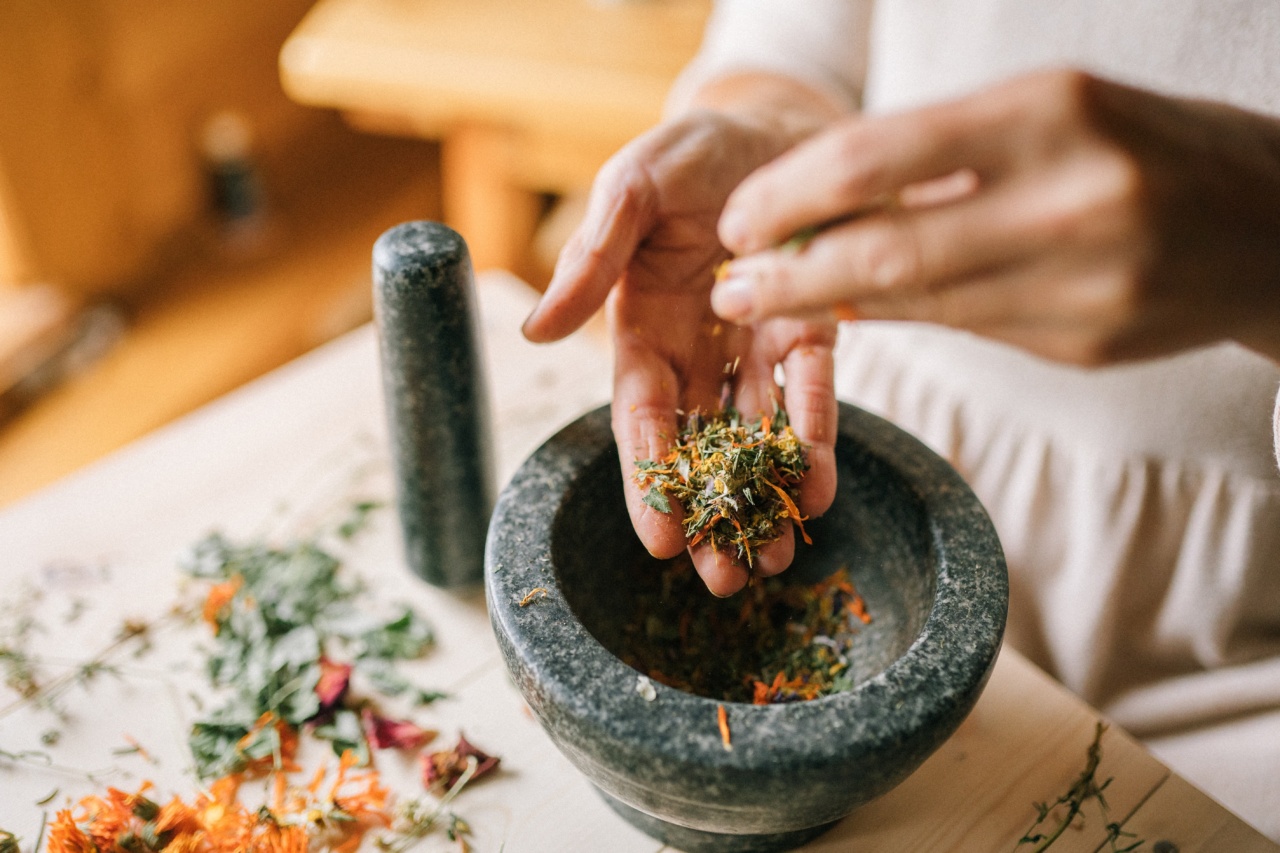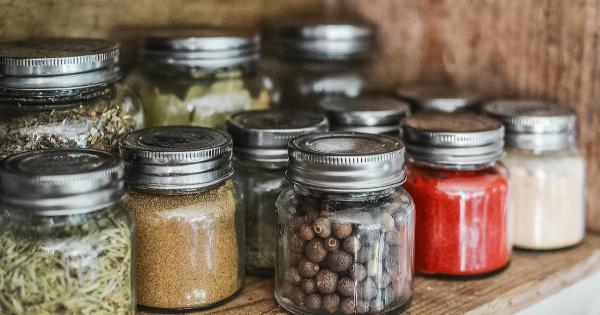Herbs and spices have been used for centuries to enhance the flavor and aroma of dishes from around the world. Not only do they add depth and complexity to meals, but they also provide numerous health benefits.
Incorporating herbs and spices into your daily cooking can not only make your meals tastier but also boost your well-being. In this guide, we will explore the benefits of various herbs and spices and provide you with tips on how to incorporate them into your recipes.
Cinnamon
Cinnamon, derived from the bark of Cinnamomum trees, is a popular spice known for its warm and sweet flavor. Besides its delicious taste, cinnamon is also packed with antioxidants that help reduce inflammation in the body.
It may also aid in regulating blood sugar levels, making it a beneficial spice for individuals with diabetes. You can sprinkle cinnamon on top of oatmeal, add it to baked goods, or even use it to flavor your morning coffee.
Turmeric
Turmeric is a vibrant yellow spice commonly used in Indian cuisine. It contains an active compound called curcumin, known for its powerful anti-inflammatory and antioxidant properties.
Curcumin has been linked to reducing the risk of chronic diseases, such as heart disease, cancer, and Alzheimer’s disease. You can incorporate turmeric into your diet by adding it to curries, soups, or even making a golden milk latte.
Ginger
Ginger is a versatile spice with a slightly spicy and zesty flavor. It is known for its digestive benefits and may help alleviate nausea and reduce inflammation. Ginger can be used fresh, dried, or in powdered form.
It adds a unique flavor to both sweet and savory dishes. You can use it in stir-fries, marinades, smoothies, or even make a comforting cup of ginger tea.
Garlic
Garlic is a staple ingredient in many cuisines around the world. It not only provides a pungent and savory taste to dishes but also offers numerous health benefits.
Garlic contains sulfur compounds that have been shown to boost the immune system and lower blood pressure. It also has antibacterial and antifungal properties. You can use fresh garlic or garlic powder in a variety of recipes, including pasta sauces, roasted vegetables, or marinades.
Basil
Basil is a fragrant herb commonly used in Mediterranean and Italian cooking. It has a sweet and slightly peppery flavor that pairs well with tomatoes, cheese, and olive oil.
Basil is a good source of vitamin K, which is essential for blood clotting and bone health. It also contains compounds that may have anti-inflammatory and antibacterial effects. You can use fresh basil in pasta sauces, salads, pesto, or infused oils.
Rosemary
Rosemary is a woody herb with a strong, pine-like aroma. Its distinct flavor makes it a popular choice for roasted meats and vegetables. Rosemary is rich in antioxidants and has been shown to improve digestion. It may also enhance memory and concentration.
You can use fresh or dried rosemary in marinades, soups, roasted potatoes, or even infuse it into olive oil.
Oregano
Oregano is a flavorful herb commonly used in Italian and Mediterranean cuisine. It has a slightly bitter taste and pairs well with tomatoes, garlic, and olive oil.
Oregano is high in antioxidants and has antimicrobial properties that can help fight off bacteria. You can use fresh or dried oregano in pasta dishes, pizzas, salads, or marinades.
Parsley
Parsley is a versatile herb with a fresh and slightly peppery flavor. It is commonly used as a garnish but can also add depth to various dishes. Parsley is rich in vitamins A, C, and K, as well as antioxidants.
It may help support heart health and provide anti-inflammatory benefits. You can use fresh parsley in salads, sauces, soups, or blend it into pesto.
Cumin
Cumin is a spice with a warm and earthy flavor commonly used in Indian, Mexican, and Middle Eastern dishes. It contains a compound called cuminaldehyde, which may have anti-cancer properties.
Cumin is also a good source of iron and may help improve digestion. You can use cumin seeds or ground cumin in curries, spice rubs, chili, or even sprinkle it over roasted vegetables.
Paprika
Paprika is a vibrant red spice made from dried peppers. It has a slightly sweet and smoky flavor, adding depth to a variety of dishes. Paprika is rich in antioxidants, including vitamin C and carotenoids.
It may help improve digestion, boost heart health, and reduce inflammation. You can use paprika in spice blends, stews, roasted meats, or even sprinkle it over deviled eggs for an extra kick.
Conclusion
Incorporating herbs and spices into your meals is an excellent way to enhance flavor, boost health, and make your dishes more exciting. From the warm and sweet cinnamon to the earthy and aromatic rosemary, the options are endless.
Experiment with different herbs and spices to discover new flavor combinations and reap the numerous health benefits they offer. Start small by adding them to your favorite recipes and gradually explore new culinary horizons. Enjoy the journey of creating healthier and tastier meals with the power of herbs and spices.





























